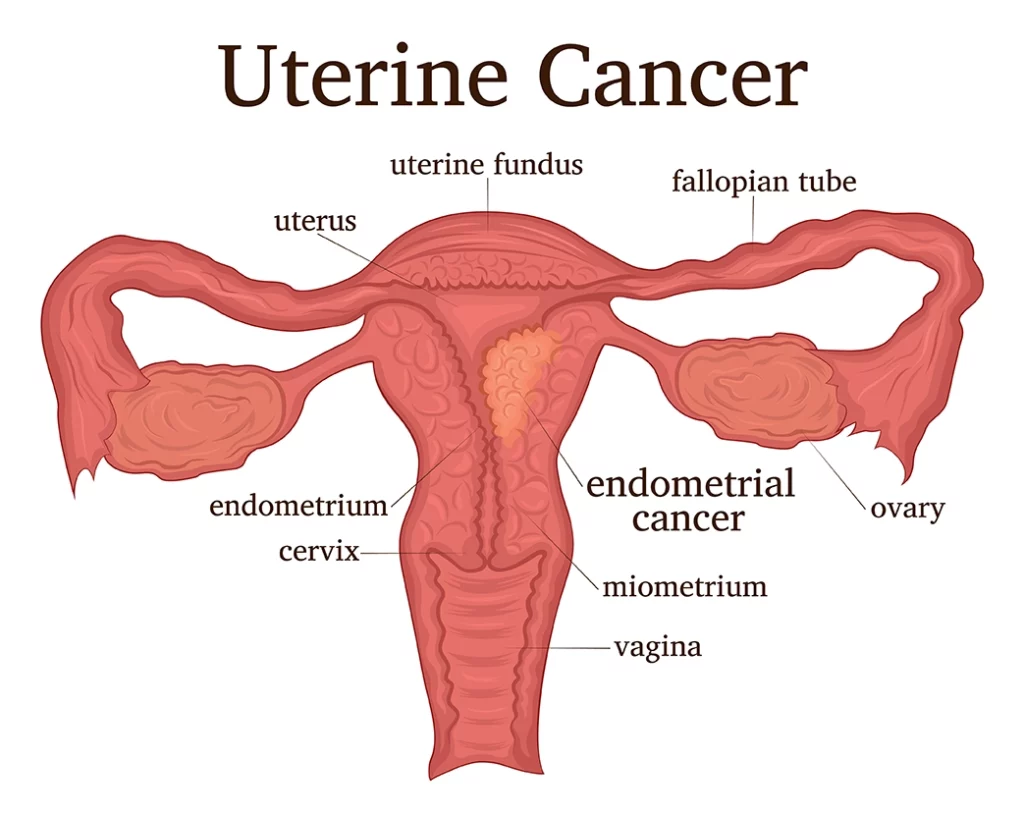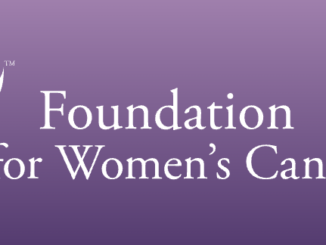
By FOUNDATION FOR WOMEN’S CANCER
The International Gynecologic Cancer Society (IGCS) is partnering with several organizations like the Foundation for Women’s Cancer (FWC) to declare the month of June as Uterine Cancer Awareness Month. In June 2023 and beyond, this group of organizations hopes to share information and resources that will educate women, especially minority groups, about uterine cancer and drive early detection.
What is uterine cancer?
Uterine cancer, also known as endometrial or womb cancer, is a disease in which cancer cells form in the endometrium, or the inner lining of the uterus.
What are the symptoms of uterine cancer?
Though symptoms vary, this type of cancer is often characterized by abnormal bleeding or spotting, brownish discharge, difficult or painful urination, and pain in the pelvic area.
What do we know about uterine cancer in the Black community?
Recent research has shown that Black women are especially prone to rare or more aggressive types of uterine cancer leading to worse outcomes; for example, Black women are statistically twice as likely to die from endometrial cancer.
While it is worth noting that biology and genetic plays in a role in the higher diagnosis rates for Black women, there are also many changeable factors at play that have the potential to reverse these negative statistics and yield positive outcomes in the Black community. Outreach and better education about uterine cancer are tangible solutions that have the potential to help reduce the growing number of endometrial cancer diagnoses.
Endometrial cancer is highly treatable when caught early, and Black women can therefore benefit more from early diagnosis and timely, effective treatment.
What are actionable steps for Black women and their networks of support?
Black women are encouraged to request screenings from their healthcare provider. A medical expert may recommend pelvic or transvaginal ultrasounds, uterine biopsies, X-rays, CT scans, and/or MRIs.
Black women can also seek second opinions if they feel unheard or dismissed by healthcare providers.
Research efforts like clinical trials play an important role in developing new therapies and treatments. Black women can inquire about available clinical trials, the benefits and risks of them, and results that prove the safety and effectiveness of them.
Ultimately, if more women are informed of the risk factors and symptoms of endometrial cancer as well as the direct effects it has on their community, they will be empowered to advocate for themselves, communicate their needs, and seek medical help that can save their lives.








